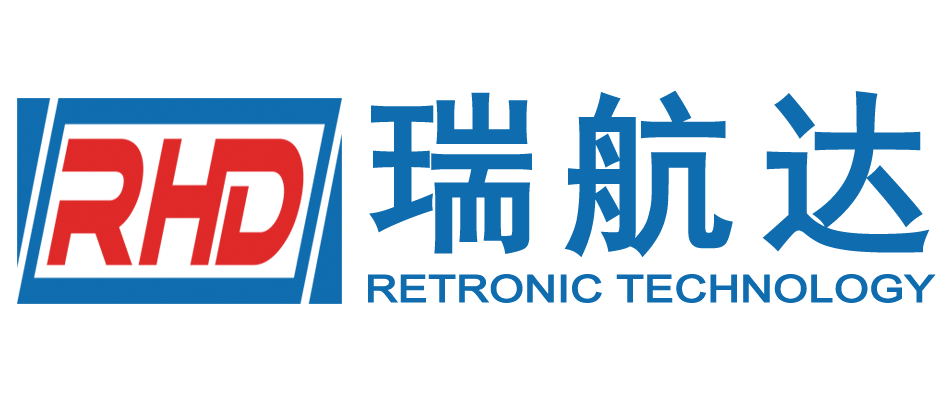
application area
Medical equipment
Medical equipment

With the continuous development of technology, IC chips have also been widely used in the medical field. They bring more convenience and efficiency to the medical industry and provide better protection for patients' lives. Foreign analog IC giants have proposed the latest chip solutions for their customers' special applications. Renesas, the global MCU leader, has released its latest Continua demonstration platform and has been adopted by glucose meter customers. Austriamicrosystems and Intersil (Intersil) have launched the latest high-efficiency step-down converters and precise operational amplifiers, hoping to avoid the noise interference problem that is most concerned by medical devices and industrial products by improving the stability and accuracy of signal transmission. What are the main applications of IC chips in the medical field? One, vital sign monitoring: Vital sign monitoring is one of the main applications of IC chips in the medical field. These IC chips can be implanted in the human body and connected to external devices to monitor vital signs such as blood pressure, temperature, and heart rate in real time. These data can be transmitted to medical devices for doctors to diagnose and treat. Two, drug management: Another application of IC chips in the medical field is drug management. This IC chip can be implanted in drugs, and through its connection with external devices, it can track the use of the drug. This technology can help doctors better monitor their patients' drug use, thereby better controlling the dosage and timing of the drug. Three, Medical Equipment Monitoring: IC chips can also be used for monitoring medical equipment. This technology can help doctors better monitor the operating status of medical equipment, such as monitoring device temperature, voltage, etc., thereby avoiding equipment failure or accidents. Four, Diagnosis and Treatment: IC chips can also be used for diagnosis and treatment. This technology can help doctors better diagnose and treat diseases. For example, IC chips can be implanted in a certain part of the body, and through its connection with external devices, it can monitor the body's condition in real time, thereby helping doctors better diagnose and treat. Medical applications cover products ranging from battery-powered small instruments to AC-powered semi-portable devices to large high-power fixed equipment. Each product has unique design requirements, but the common point is that these products need long-term reliable component supply channels. Medical device manufacturers have invested a lot of time and money to ensure that their products meet industry standards and regulations. The lifecycle of semiconductors will directly impact the lifecycle of medical devices. Product discontinuation, consolidation of product lines by semiconductor component manufacturers, and market demand conditions will all have a significant impact on the production and supply of semiconductors. Additionally, high reliability and quality standards dictate that component procurement must be through trusted supply channels.

Texas Instruments (TI) is the world's largest medical supplier at present. ADI has three core layouts in the field of health: medical imaging and monitoring, medical-grade wearable devices, and in vitro diagnostics. In the field of healthcare, ADI's chips serve medical imaging (such as CT and ultrasound), monitors, in vitro diagnostic devices, and wearable products, covering most medical devices that require data conversion and signal processing. From prevention, diagnosis, treatment to disease management, ADI's technology and products cover almost the entire process of diagnosis and treatment. ST's products also have extensive applications in the medical field. MCU products from ST can be found in medical devices such as monitoring equipment and detection equipment. NVIDIA and GE also announced a partnership, where NVIDIA's AI chips will be integrated into GE Healthcare's 500,000 medical detection instruments worldwide, accelerating medical data processing and analysis to enable doctors to achieve higher accuracy in diagnosis. At the same time, NVIDIA is also laying out in the field of AI healthcare. MediaTek released the industry's first intelligent health solution - MediaTek Sensio, and launched its first six-in-one intelligent health chip MT6 The global medical chip market is expanding, with data showing that it reached $15.34 billion in 2022 and is expected to reach $29.96 billion by 2025, with a compound annual growth rate of 9.7%. The market is dominated by manufacturers in the US, Europe, and Asia. Of these, the US contributes the most, mainly due to its extensive experience and technology in research and development. European medical chip companies also have strong competitiveness, especially in high-end medical equipment and medical testing. Asian medical chip manufacturers, on the other hand, are known for their price advantage and fast market response capabilities.

The application of medical chips is expanding in various fields, including cardiovascular disease diagnosis, cancer treatment, diabetes management, health monitoring, etc. The chip technology is also constantly innovating, involving micro-nanotechnology, biosensors, and artificial intelligence. With the aging population and advancements in medical technology, the demand for chips in the medical industry is increasing. Currently, medical chips are mainly used for the control, monitoring, diagnosis, and treatment of various devices, including pacemakers, glucose monitors, drug pumps, and medical imaging equipment. The future prospects of the medical chip industry are very promising. On the one hand, as the healthcare industry develops, the demand for medical chips will continue to increase. On the other hand, with the application of new technologies such as artificial intelligence and big data, medical chips will face more application scenarios and needs, such as smart medical care, remote medical care, and personalized treatment. At the same time, with the trend of smartness and digitization, medical devices will increasingly need to integrate chip technology to improve device performance and intelligence. The medical chip industry has become an important area in the global chip industry, and major chip manufacturers and medical equipment manufacturers are actively investing in research and development, with increasingly fierce competition.
